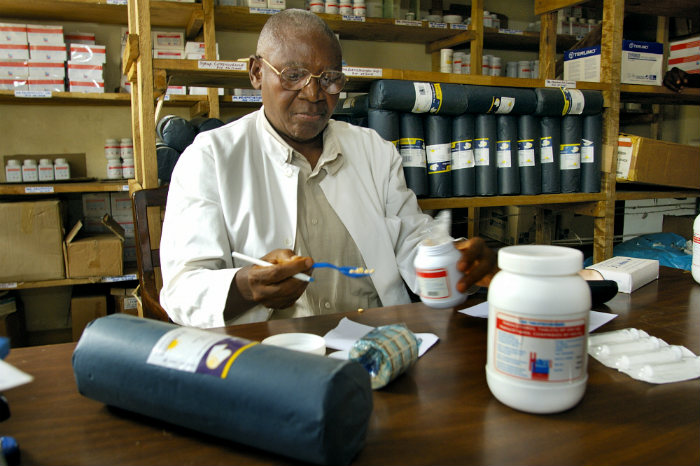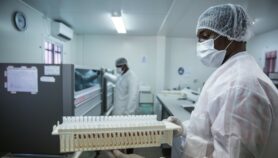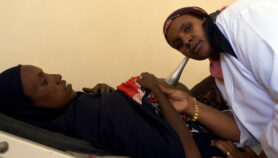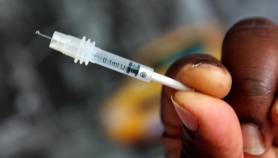Send to a friend
The details you provide on this page will not be used to send unsolicited email, and will not be sold to a 3rd party. See privacy policy.
Africa accounts for 75 per cent of the world’s HIV/AIDS cases and 90 per cent of deaths from malaria. To address these health crises, more and more African countries are considering upping local drug production with the hope of improving access to medicine for their people. And this is a laudable idea — why shouldn’t the drugs used to treat these and other illnesses be produced in the region where they are most needed?
I agree that local production of medicines could be a good thing for many reasons. It would increase access to healthcare, reduce dependency on suppliers from abroad and would generate social and economic benefits for developing countries through investments in the pharmaceutical industry.
But while these considerations remain important, they may not actually help put drugs in the hands of those who need them most, according to speakers at a conference held by the Society for the Advancement of Science in Africa last week in Toronto, Canada.
There are several obstacles to increasing pharmaceutical production on the African continent, says Alain Fymat, founder of the International Institute of Medicine and Science, a private research and education institute headquartered in California, who spoke at the conference.
“Improving access to good, safe and affordable drugs is not just about local production,” said Fymat. “Of course, countries want to create industries to provide medicines for their people, but the cost should not be higher prices and lower quality.”Fymat listed some reasons why local production may not be suitable for Africa in the short-term. For example, the World Health Organization awards manufacturers’ qualifications to drug producers, which many international donors require before agreeing to provide support. But obtaining this is costly.
Production costs for African companies would also be high, as many ingredients and most of the machinery needed to produce drugs would have to be imported. These costs would be passed on to the consumer, making locally produced drugs potentially more expensive.
Countries want to create industries to provide medicines for their people, but the cost should not be higher prices and lower quality.
Alain Fymat, International Institute of Medicine and Science
Competing with the large international pharmaceutical companies, including those in China and India, would pose an additional challenge. Africa produced only 2 per cent of the world’s pharmaceuticals in 2011, according to Fymat. The continent would have a steep hill to climb in order to be competitive.
But Sam Lanfranco, an economist and professor emeritus at Toronto’s York University, pointed out that there are also international issues that work to Africa’s disadvantage in drug production. He told the event that international agreements like the Trans-Pacific Partnership, which is currently under negotiation between Pacific Rim countries, restrict generic drug production under the guise of protecting intellectual property.
Such trade treaties will make it more difficult for poor nations to produce generic drugs, even though the least developed countries are supposed to be exempt from patent laws, he said. This shows how international politics are also holding African countries back from being more competitive.
Local drug manufacturing in Africa can actually inhibit access, the conference heard, and this means that the economic and political fallout from such a strategy will have to be carefully thought through before large investments are made into the continent’s budding pharmaceutical industry.
“From a public health point of view, it does not matter where drugs come from as long as they are safe, of good quality and affordable,” said Fymat.














